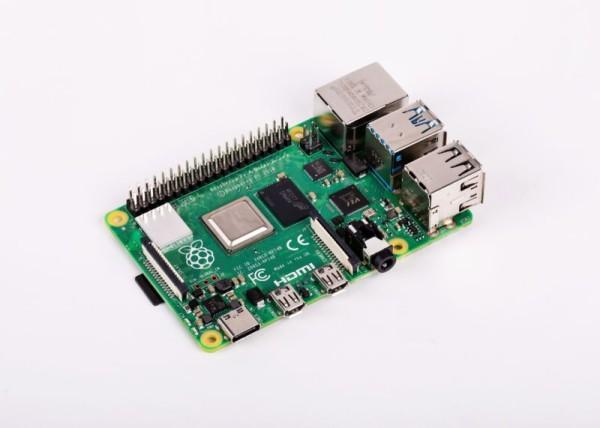When you combine Docker with the compact, affordable Raspberry Pi, you’ve got a powerful setup that’s perfect for both developers and hobbyists.
Whether you’re building a mini server, automating tasks, or just tinkering for fun, Docker has unlimited usage.
This guide will show you how to get Docker up and running on your Raspberry Pi in no time.
This is also a great way to experiment with Docker. I’d imagine that for anything that reads and writes data a lot, you’d certainly want to have a proper hard drive attached to your Pi. The great thing though with Docker containers, is that they are very portable, so I’ve easily ported them between different hosting providers when I’ve switched. This is way quicker than full installations.

